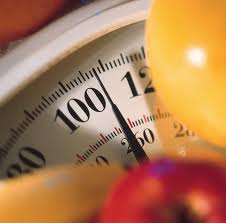
Where do all the calories I eat go?
“A minute on the lips, a lifetime on the hips.” Calories don’t always go to your hips though.
Metabolism really refers to the breakdown of food into energy that is used for every purpose required for life. The amount of energy contained in food is expressed in terms of kilocalories, which we commonly refer to as calories. This is a measurement of heat. In reality, food is “burned” inside our cells and most of the energy is trapped to be used for thousands of bodily processes. Some of this energy is released as heat to keep our bodies warm. This is similar to the fuel in your car’s engine. The fuel is burned and the energy released is mostly captured and used to propel your car. A small percentage of the energy produces heat that is mostly discharged into the environment or used to heat the inside of your car on a cold day.
Maintaining an ideal body weight has everything to do with balance. If we consume more calories than our body can burn, excess food will be stored as fat. In fact, even normal weight people store a great deal of energy that they could draw on in a famine situation. For example, a lean, 155-pound man carries about 35 pounds of fat on his body, which holds about 150,000 calories (kcal) of stored energy or enough to keep him alive during starvation for a couple of months. Most of the people live in a body that is composed of more than 50 percent fat. This means, for example, that a 250-pound person who is 50 percent fat carries 125 pounds or 437,500 calories (kcal) of energy on their body as stored fat. This much fat has the potential to provide all of their energy needs for almost one year!
